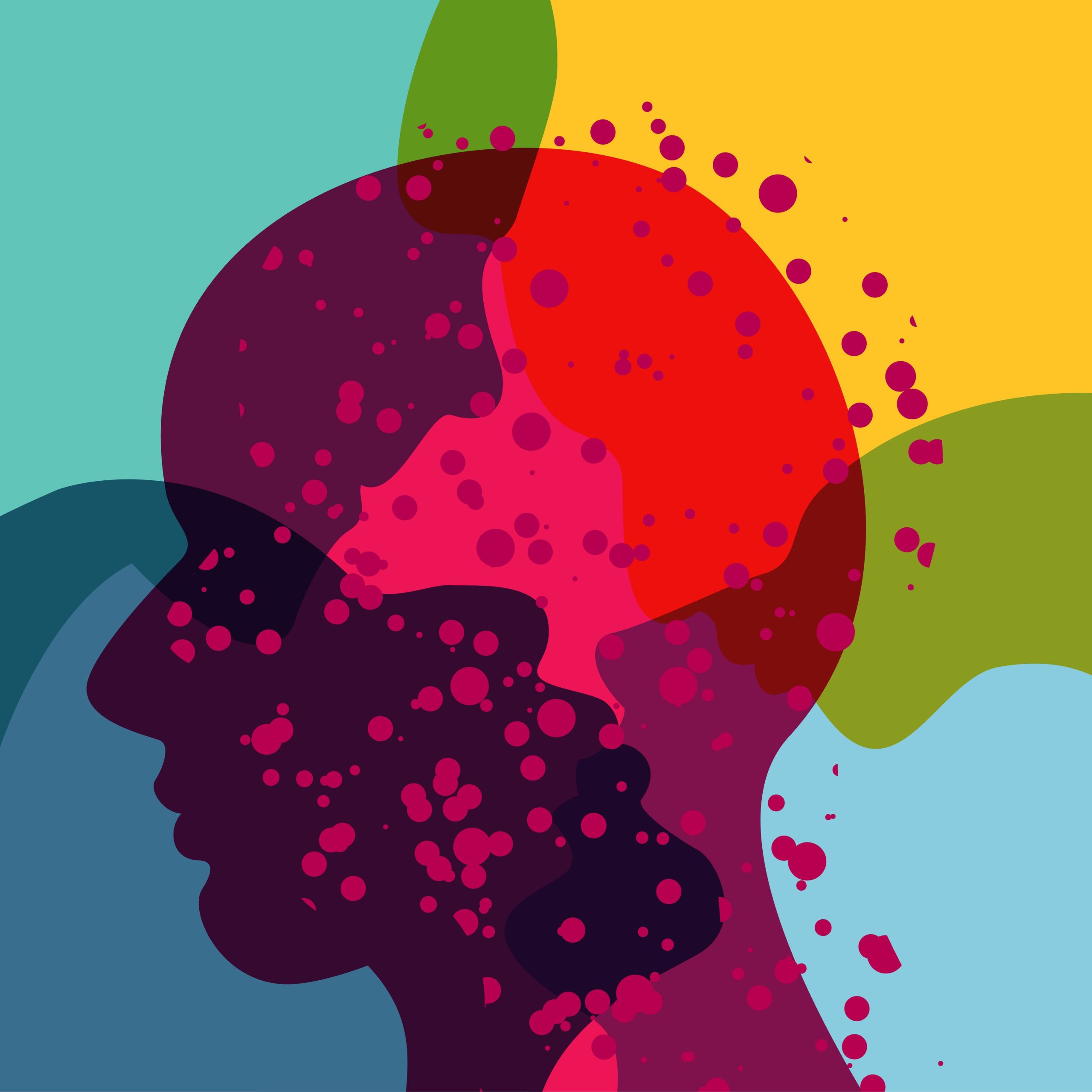Cardiovascular
The Complex Relationship Between Mental Health and HIV/AIDS
© Kubko. stock.adobe.com
Over the last few decades, the treatment options created for a person suffering from HIV/AIDS has grown exponentially; therefore, in many cases, patients impacted by this disease can now live a long and healthy life. Although it is possible to live with this disease without any major physical changes to your life, HIV/AIDS unfortunately poses significant psychological hurdles to many of the patients suffering from this disease, which can sometimes become more of a burden than the actual diagnosis itself. In this article, we examine the complex relationship between the disease and its impact overall on mental wellbeing, while also providing some adaptation strategies and treatment options to the common psychological challenges that people face when living with HIV/AIDS. (2), (3)
One of the most demanding psychological challenges affiliated with HIV/AIDS is the “stigma”, or discrimination people face that causes a significant barrier in the lives of the people who have to live with this disease. The discrimination can come in many forms, including the loss of relationships with family and friends, employment opportunities, intimacy, and experiencing undue prejudice, which are all associated with preconceived opinions about the disease without taking the time to understand it before a person passes judgment. These challenges can cause social isolation, low self esteem, drug abuse and sometimes even suicide. Educating the public to spread awareness about this disease will allow people to have an open mind when encountering a person suffering from HIV/AIDS which will encourage them to lead with empathy and understanding instead of judgment and prejudice. (3), (2), (1)
Mental health disorders impact the lives of almost 1 in every 4 people who are living with HIV/AIDS here in the United States. The most common forms of psychological disorders come in the form of depression and anxiety, where not only does the patient have to worry about managing their disease and the side effects of the medication that come from the treatment, but they also have to face the unfortunate reality that this can be a debilitating condition that can take their life. Having to live a life knowing the consequences of contracting HIV/AIDS is difficult enough to cope with, let alone having to navigate the psychological challenges that come with this disease. Treating everybody equally, and allowing yourself to step into their shoes can allow for these people to reduce their stress and allow them to confront the emotional distress that comes with HIV/AIDS. (4),(1),(2)
Being able to address the psychological challenges associated with HIV/AIDS can improve treatment outcomes, overall mental health stability, and allow them to have a better and more positive outlook on life in general. There are resources available for everyone who is suffering from this disease, including mental health support groups, psychiatric specialists, and coping mechanisms which can help these people face these challenges with a positive mindset. Anybody suffering from HIV/AIDS is not alone in their fight against this disease and should be offered every resource at the disposal of the scientific community to help them combat this condition. (2),(3)
Nathan Ciepley is a Pharm.D. candidate at Duquesne University’s School of Pharmacy in Pittsburgh who is expected to graduate in spring 2024. He completed this article while on Advanced Pharmacy Practice Rotation at STACK, which focused on specialty pharmacy, technology, and entrepreneurship.
References
1) Schadé, A., van Grootheest, G. & Smit, J.H. HIV-infected mental health patients: characteristics and comparison with HIV-infected patients from the general population and non-infected mental health patients. BMC Psychiatry 13, 35 (2013). https://doi.org/10.1186/1471-244X-13-35
2) U.S. Department of Health and Human Services. (n.d.). HIV and AIDS and mental health. National Institute of Mental Health. https://www.nimh.nih.gov/health/topics/hiv-aids
3) Centers for Disease Control and Prevention. (2022, July 15). Newly diagnosed with HIV. Centers for Disease Control and Prevention. https://www.cdc.gov/hiv/basics/livingwithhiv/newly-diagnosed.html
4) Yehia BR, Stephens-Shield AJ, Momplaisir F, Taylor L, Gross R, Dubé B, Glanz K, Brady KA. Health Outcomes of HIV-Infected People with Mental Illness. AIDS Behav. 2015 Aug;19(8):1491-500. doi: 10.1007/s10461-015-1080-4. PMID: 25931243; PMCID: PMC4527875

